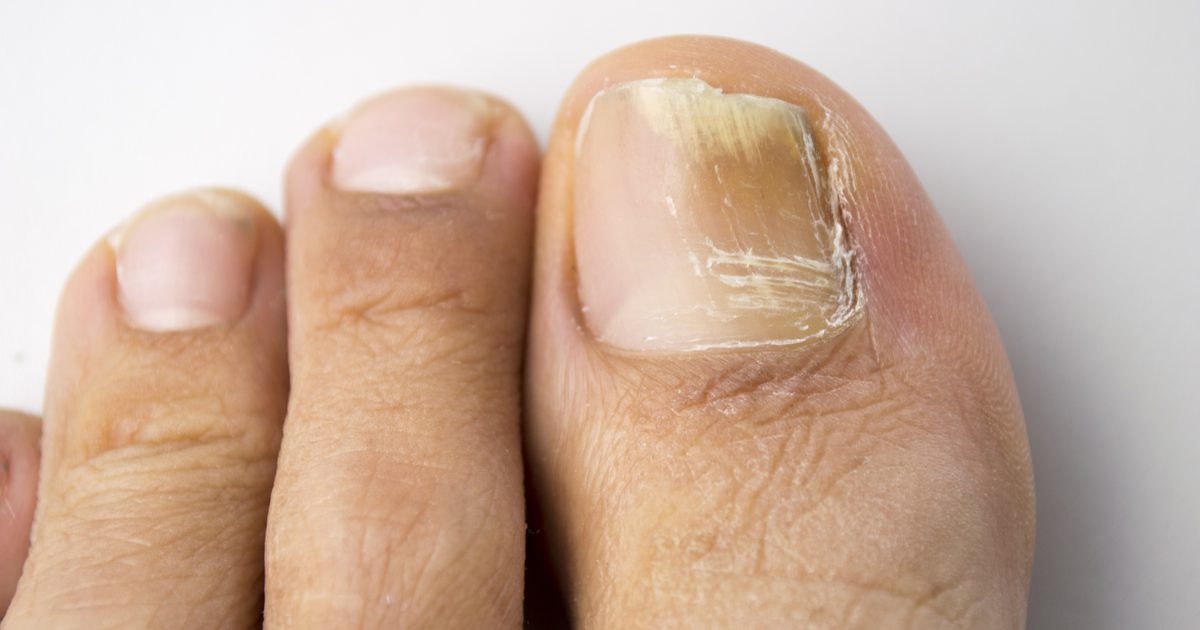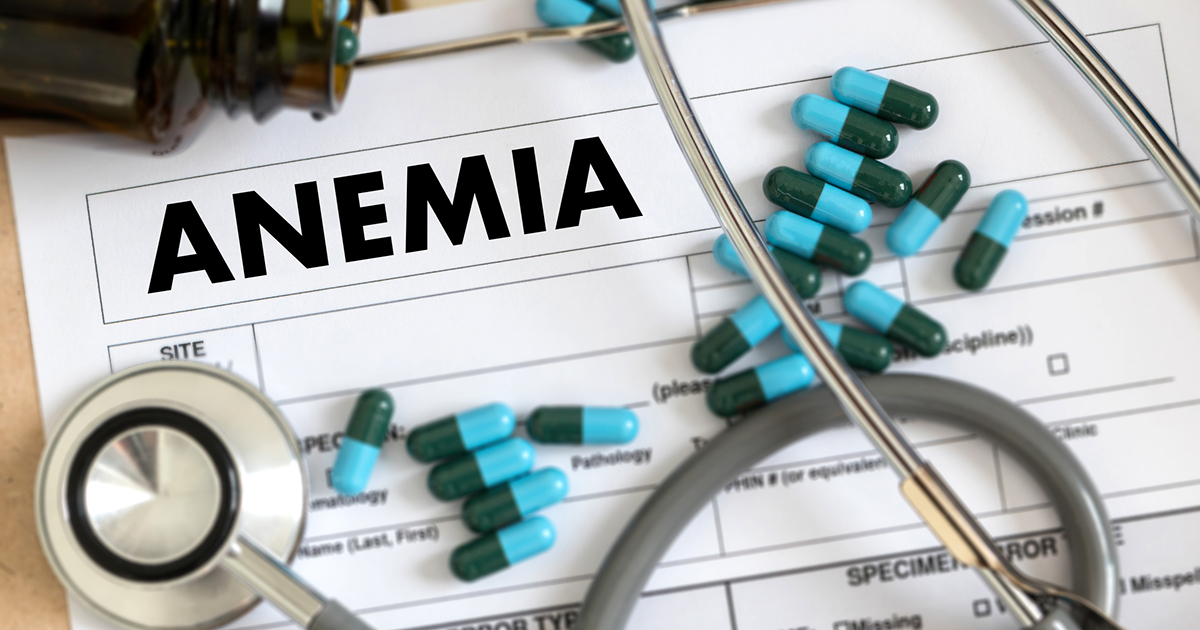Warning Signs Of Achlorhydria
Achlorhydria is the more severe form of hypochlorhydria. While the latter is a deficiency of stomach acids, achlorhydria is a total absence of stomach acids. Both conditions can damage the digestive system and impair digestion. Achlorhydria prevents the body from breaking down proteins properly, and it also increases the patient's vulnerability to infections of the gastrointestinal tract. Stomach acids protect individuals from disease by killing various parasites, bacteria, and viruses. Their absence leaves a patient vulnerable to diseases caused by such organisms. Untreated achlorhydria can be potentially fatal.
Achlorhydria affects men and women equally, and it is most common in older adults. Weight loss surgeries, antacids, and proton pump inhibitors can increase the risk of developing achlorhydria because they reduce the amount of stomach acids or alter the digestive tract. Hypothyroidism and some autoimmune disorders can also increase the risk of developing achlorhydria. Reveal some of the major warning signs of achlorhydria now.
Weak And Brittle Nails

Generally speaking, nutrient deficiencies weaken the nails or cause other abnormalities. Since achlorhydria impairs the body's ability to absorb nutrients, it will cause nutritional deficiencies, and some of those deficiencies cause onychorrhexis or brittle nails. Other nail abnormalities caused by deficiencies include koilonychia (spooning), leukonychia (white spots on the nails), and ridges on the nails. Nails take about six months to grow out, so an abnormality affecting the entire nail has not developed recently. This is precisely why they are a significant indicator to pay attention to and receive treatment for, even if it turns out they are not the result of achlorhydria.
Acid Reflux

In acid reflux, stomach acids move backward into the esophagus. It is generally caused by a lower esophageal sphincter that is weak or otherwise does not work properly, which is common when talking about achlorhydria. The lower esophageal sphincter is a circular muscle between the esophagus and stomach, and it is supposed to tighten the lower esophagus after food reaches the stomach. Heartburn is the most common indicator of acid reflux. Other symptoms of acid reflux include a sour taste in the mouth or at the back of the throat, coughing, sore throat, and a feeling of pressure paired with a burning sensation that extends up the breastbone.
Anemia

The lack of stomach acids impairs the body's ability to absorb iron. Consequently, a patient with achlorhydria will be susceptible to iron-deficiency anemia. A lack of iron impairs the body's ability to produce the hemoglobin in red blood cells. Hemoglobin is the substance that enables red blood cells to carry oxygen to different parts of the body. Fatigue and shortness of breath are thus common symptoms of this condition. Other symptoms include pale skin, cold hands and feet, brittle nails, rapid heartbeat, chest pain, headache, lightheadedness, and inflamed or sore tongue. Severe or untreated iron-deficiency anemia, even when it's not the result of achlorhydria, can eventually cause heart problems like an enlarged heart or heart failure.
Indigestion And Bloating

Indigestion and bloating are both symptoms of achlorhydria. The total lack of stomach acids impairs the digestive tract's ability to absorb food properly, and the doctor may find undigested food in the patient's stools. If the doctor finds such symptoms as iron deficiency, vitamin B12 deficiency, weight loss, frequent bowel movements along with indigestion and bloating, they may order a test of the stomach's pH.
There are several ways to test the pH of stomach acid. One method involves collecting a sample of stomach acid by sending a tube down the patient's esophagus. The patient should fast at least four to six hours ahead of time to ensure there are only fluids in their stomach. They should also avoid taking antacids or similar medications. The stomach acids of a healthy individual should have a pH of between 1.5 and 3.5. The doctor will diagnose achlorhydria if a woman has a pH above 6.81 or if a man has a pH above 5.09. The lower the pH, the more acidic the stomach's contents are. Thus, a high pH indicates a lack of stomach acid.
Hair Loss

The loss of hair due to achlorhydria is often due to a deficiency in nutrients. Once such deficiency associated with achlorhydria that can cause an individual to lose their hair is a lack of iron in the body. Another deficiency that may result in an individual losing some of their hair is insufficient protein, which can occur due to achlorhydria due to acid reflux and indigestion, both of which have already been mentioned in this article. It is also important to note the loss of hair typically always occurs alongside weak and brittle nails. In fact, the majority of the symptoms on this list of the signs of achlorhydria often occur as a chain reaction.
